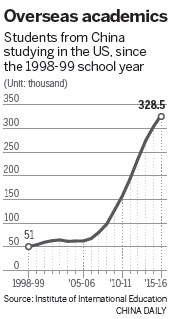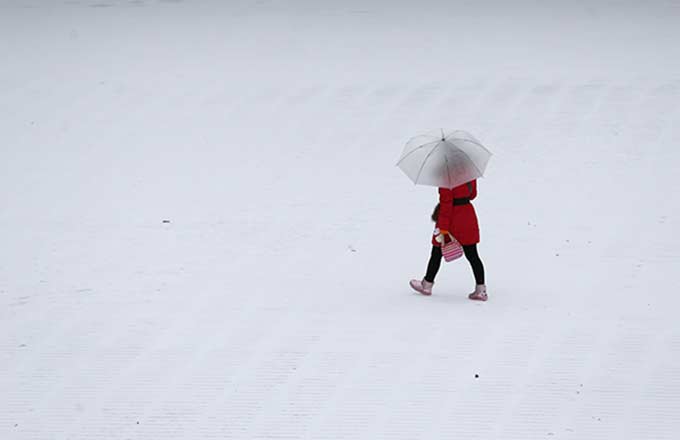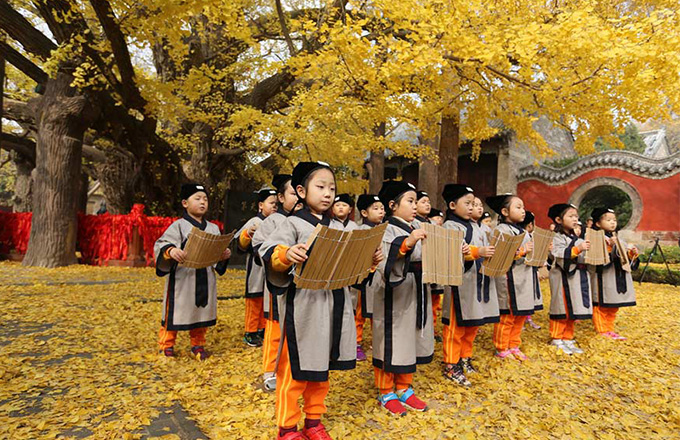Chinese studying in US given assurance

Any changes to immigration policies that might be proposed by US president-elect Donald Trump won't affect the growing number of Chinese students studying in the United States, a US consulate official said on Tuesday.
"We are glad to see more Chinese students choosing to study in the US for undergraduate, graduate and optional practical training," which contributed $11.43 billion to the US economy in 2015, said Brian Gibel, chief of the public affairs section at the US consulate general in Shanghai.
Although Trump said he would seek changes to immigration policy, any changes would not affect Chinese students unless they decided to live in the US after their studies are completed, Gibel said.
China, for the seventh consecutive year, is the top country of origin for those going to the US to study, according to the 2016 Open Doors Report released by the US embassy on Tuesday. More than 320,000 students from China attended higher education institutions in the US in the 2015-16 academic year, it said.
The number of Chinese students enrolled in US institutions of higher education in the period increased from 304,040 to 328,547, which was a year-on-year increase of 8.1 percent and accounted for 31.5 percent of all international students studying in the US, the report said.
More than 1 million international students attended US colleges and universities in the 2015-16 academic year, an increase of 7.1 percent from the previous year.
Since the US and China agreed in 2014 to extend student visas from one year to five, the waiting time for a visa application has been shortened to an average of six days.
"Students no longer have to spend their holiday in China making their appointments for another visa and going through another visa application, but can get some rest and return more refreshed," said William J. Weissman, US consular section chief in Shanghai.
In addition, for the second year in a row, there are more Chinese students pursuing undergraduate degrees than graduate degrees.
"We've noticed that business, science, technology, engineering and math are no longer the only choices of Chinese students, and that they now prefer to apply for majors they are more interested in, such as visual arts," said Xie Pianpian, an adviser at Education USA, a US State Department network of centers that advise international students.



















